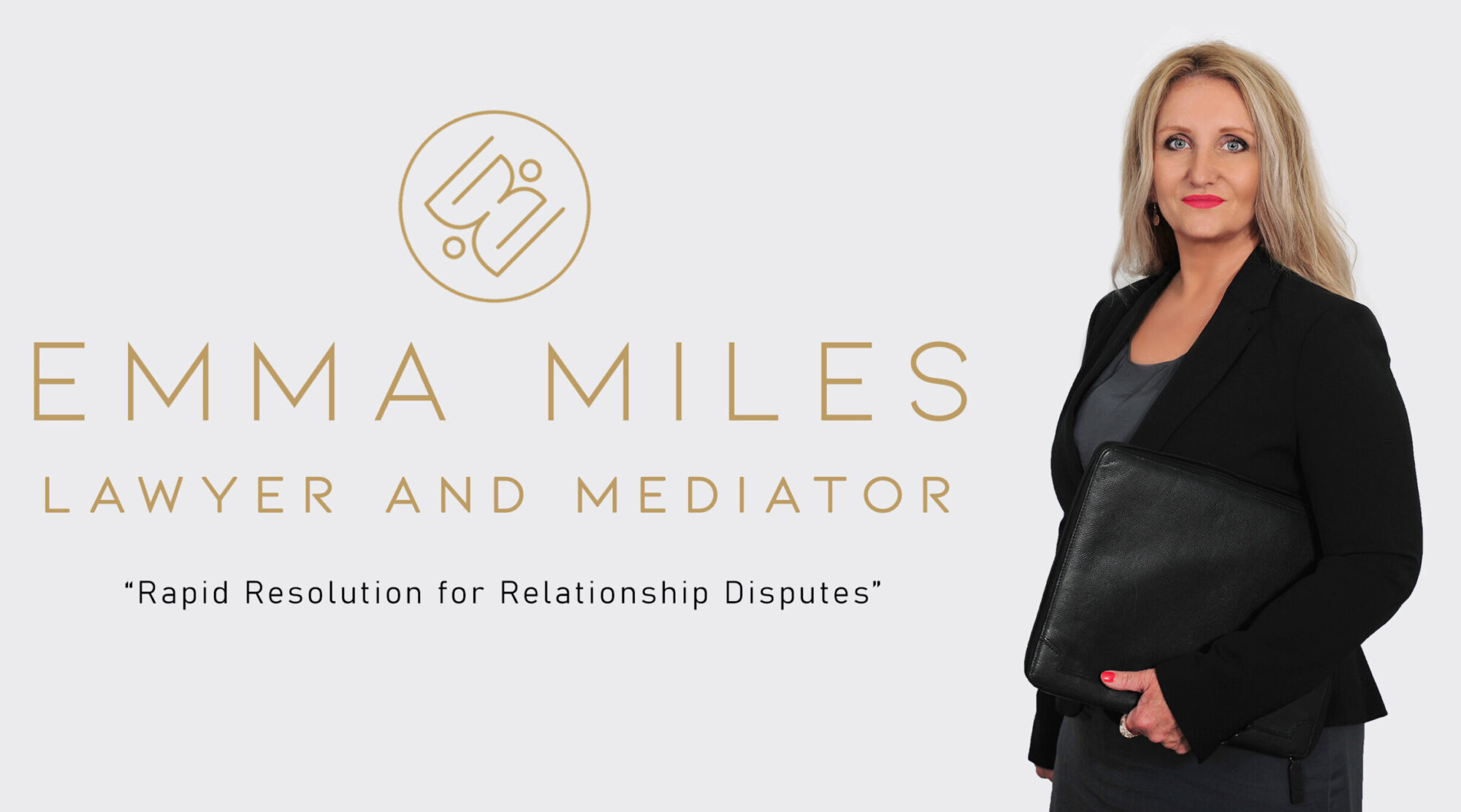Mediation
Mediation is a process in which parties involved in a dispute work with a neutral third party, known as a mediator, to reach a mutually acceptable agreement. The mediator acts as a facilitator rather than making decisions or imposing solutions.
Here are the key aspects of mediation:
-
Neutral Third Party: The mediator is impartial and does not take sides. Their role is to assist the parties in communicating effectively, understanding each other’s perspectives, and exploring possible solutions.
-
Voluntary Process: Participation in mediation is typically voluntary, and all parties must agree to engage in the process. They retain control over the outcome and can choose to end mediation at any time.
-
Confidentiality: Mediation discussions are confidential. This encourages parties to speak openly and honestly without fear that their statements will be used against them in later proceedings if mediation does not result in a settlement.
-
Informal and Flexible: Unlike formal court proceedings, mediation is informal and flexible. It allows for creative problem-solving and exploration of solutions that may not be available in a courtroom setting.
-
Focused on Interests: Mediation focuses on the underlying interests and needs of the parties rather than legal rights or positions. This often leads to solutions that address the parties’ interests more effectively than a court-imposed decision might.
-
Non-Binding Outcome: The outcome of mediation is not legally binding unless and until the parties reach a formal agreement, which they voluntarily sign. Once signed, the agreement can be enforceable in court.
-
Wide Applicability: Mediation is used in various contexts, including family disputes (such as divorce and child custody), workplace conflicts, business disputes, community disagreements, and civil litigation.
Overall, mediation is valued for its ability to empower parties to actively participate in resolving their disputes, preserve relationships, and often achieve more satisfactory outcomes compared to adversarial litigation. It is a widely recognized alternative dispute resolution (ADR) method that promotes collaboration and communication while offering a faster and less costly resolution process than going to court.
Call us for a no obligation chat if you would like to consider whether a mediation is right for you.
